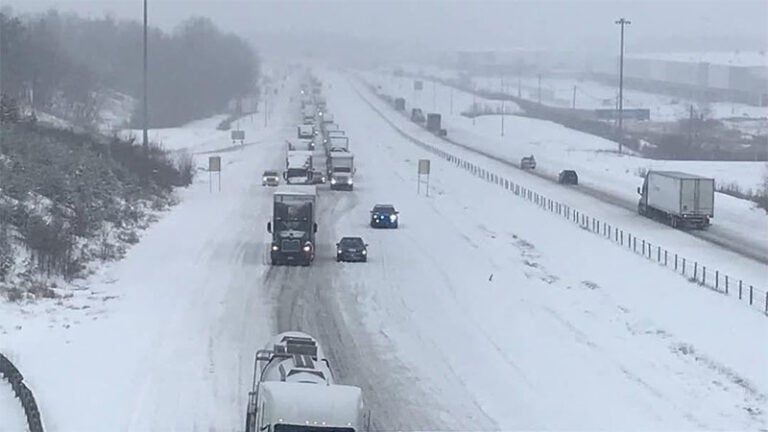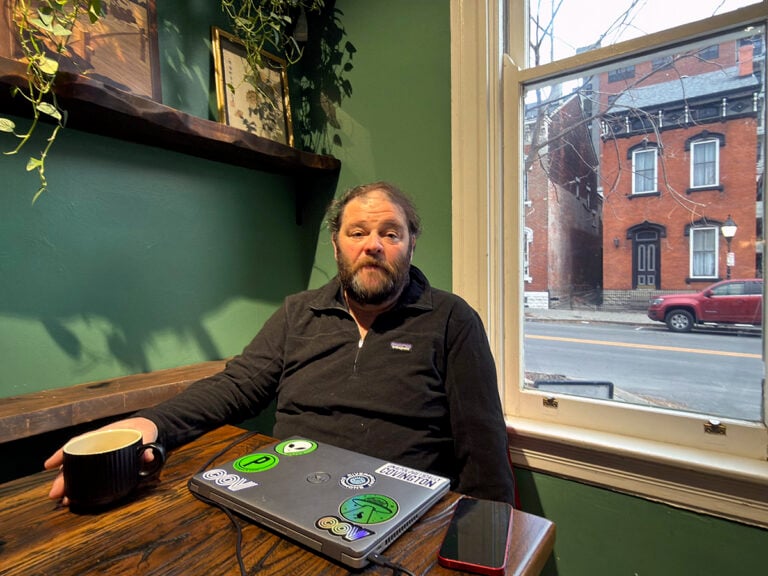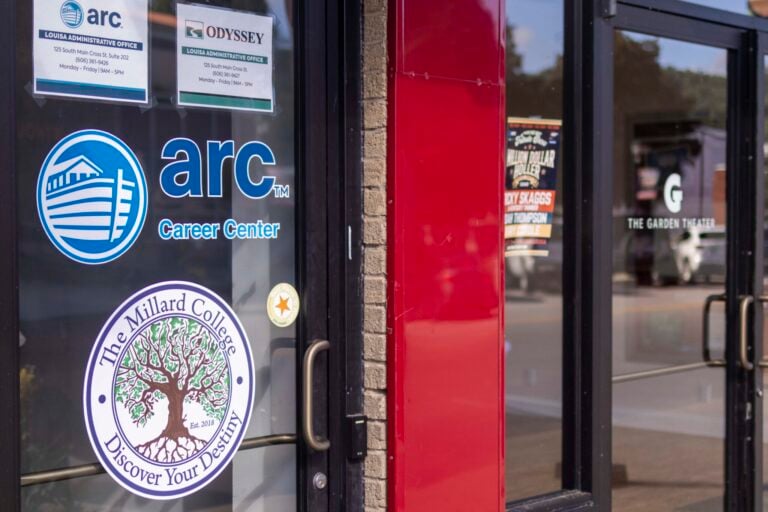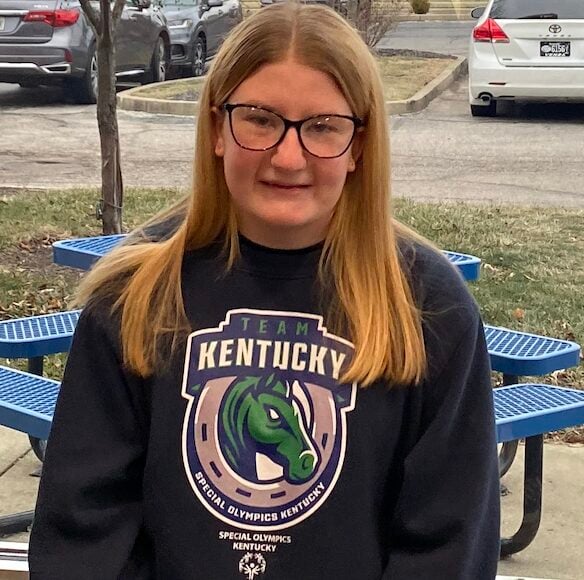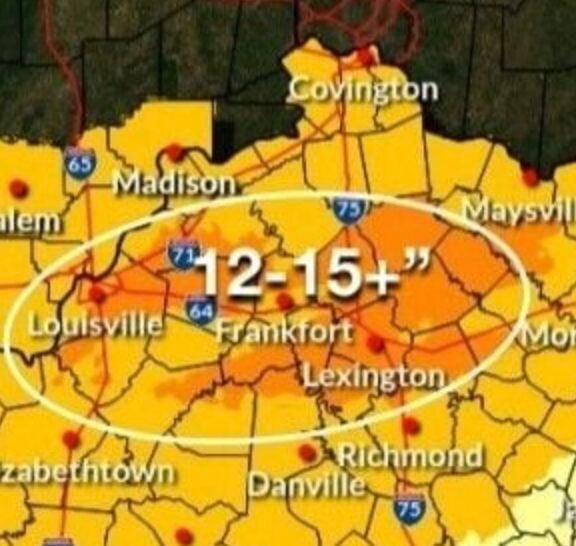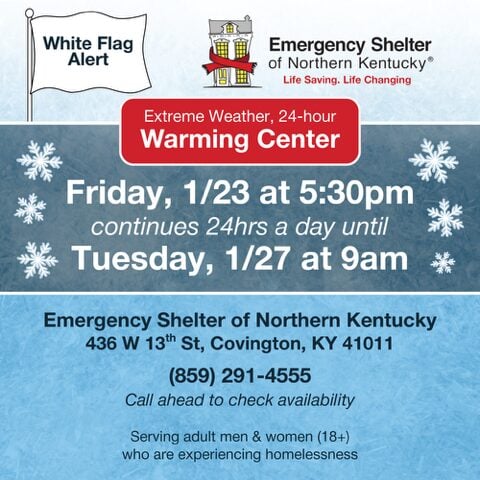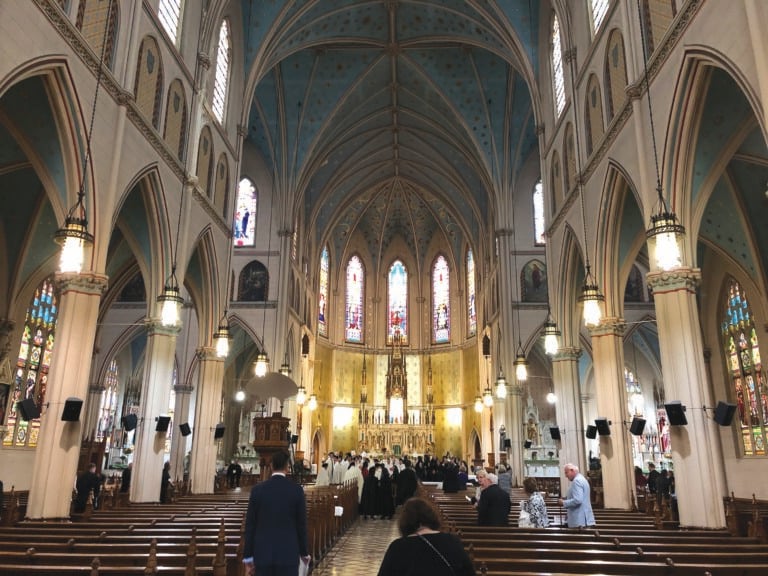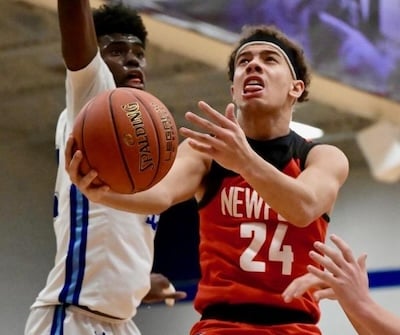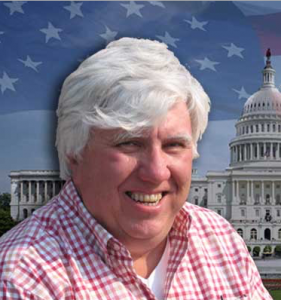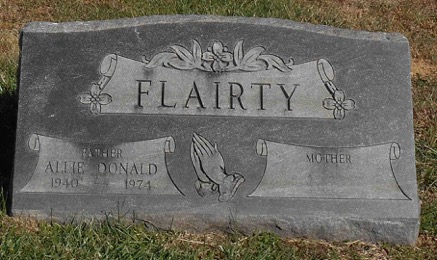By Steve Flairty
NKyTribune columnist
That gentle nudge to do what seems right can be aggravating at times. For one thing, it’s often not an easy thing to do. It well can detour me away from my sacrosanct schedule, and it often requires some humility to do what I know I should. Moving outside my comfort zone is not much fun, especially at first. And, did I mention that it can be aggravating, too?
It’s been over four decades ago, but I acted positively on that nudge one day, even as hard as it was to do; I’m glad I did.
I was at Richmond and starting my senior year of college at EKU in September of 1974. I drove north up Highway 27 to visit my parents in Claryville on that particular weekend, and, while there, also happened to connect with my uncle Donnie. He was married with two small children and worked as a telephone installer for Cincinnati Bell.
On the side, he raised a tobacco crop (a big part of the Flairty culture in those days). He was a good father and a hard worker, a military veteran like my dad and their four other brothers.
The details are fuzzy now, but the story goes something like this. Uncle Donnie was in a bit of a pinch for tobacco help, and I offered to do some work for him that weekend while home at Mom and Dad’s. Regretfully, and the reason escapes me, I didn’t come through on what I promised. (Though, honestly, it wasn’t as if my uncle’s whole field operation would dissolve if I didn’t show up).
I do know, though, that the fact that I broke a promise to him weighed heavily on my conscience all that weekend; something told me that I ought to contact him and apologize. It would be the right thing to do…a fairly strong nudge—stronger than most–made that clear.
Late that Sunday afternoon on September 16, right before I packed my ’64 Falcon to drive back to Richmond, I phoned Uncle Donnie from Mom and Dad’s house. He acted a little surprised, but not in a bad way. With clumsily delivered words, I poured out my heart to him, telling him that I was sorry I didn’t make it there to help him with the tobacco, and it was my fault.
I felt both nervous yet relieved by sharing those words. I had no idea how he would respond. Fortunately, he played the whole thing off like it wasn’t a big deal and, the best I recall, he even laughed a little about the seriousness I placed on the matter. In summation, I think he appreciated the call, and I received the distinct impression that our relationship became better than ever. Now I could move on.
Back at EKU, I was set to stay in Richmond that following weekend. Early on that Saturday morning, however, I received a phone call from Mom. Bad news. The previous day, she said, Uncle Donnie was at a resident’s home installing a phone when he mysteriously collapsed. He didn’t respond positively to emergency services and now was in a local hospital. Mom said he was pretty sick and I should come on home.
A little over two hours later, I sat with my mother at the kitchen table and received the news that Uncle Donnie suffered a brain aneurysm. Doctors made it clear that, despite all the emergency measures they attempted, there was little chance he would survive.
The next 24 hours were difficult as our family and friends kept vigil at the old Booth Hospital, in Covington, which I perceived to be a particularly dreary place. Today, the time at the hospital seems like a dream where people ran around with lots of questions but no answers.
As we waited around with those questions looming, I remember that Marlene, Uncle Donnie’s wife, talked in the present about her husband, as if he was right there with us and would continue to be with us. I remember an eloquent prayer given for the family by a tall, large-boned woman wearing the Salvation Army uniform. The commanding presence of the woman still gives me pause, now 42 years later.
Her words and demeanor were so impressive, they gave me shivers, and comfort. I’ve connected myself in a significant way to that great organization over the years, and the abiding influence of that woman’s prayer is an important factor.
A few days after he collapsed while doing company business, Uncle Donnie was declared dead. One week before, when the two us talked on the phone and patched up any sense of tension between us, dying was not, I’m quite sure, on either of our radars. My college classes were my reality, and Uncle Donnie’s dealt with essentially working two jobs and taking care of a wife and two children he loved dearly.
But life, according to the Bible, is “but a vapor…and disappears,” and this was demonstrated by my uncle’s untimely passing.
I am thankful that I obliged that aggravating nudge to make things good with a dear family member on that occasion long ago. Though I occasionally look back with sadness for our family, I nevertheless know in my heart that this loss of a loved one, at least for me, was a clean one, unencumbered by things left unsaid or done.
Though I’m far from being a priest, rabbi, or minister, let me encourage all of us to not hold back saying what we need to say to those we love…while there’s still time.
Steve Flairty is a teacher, public speaker and an author of six books: a biography of Kentucky Afield host Tim Farmer and five in the Kentucky’s Everyday Heroes series, including a kids’ version. His new book, “Kentucky’s Everyday Heroes #4,” has recently been released and is available for purchase here. Flairty is a senior correspondent for Kentucky Monthly, as well as a weekly KyForward and NKyTribune columnist and a member of the Kentucky Humanities Council Speakers Bureau. Read his past columns for excerpts from all his books. him at sflairty2001@yahoo.com or friend him on Facebook. (Steve’s photo by Connie McDonald)
To read more of Steve Flairty’s Kentucky by Heart columns, click here.







